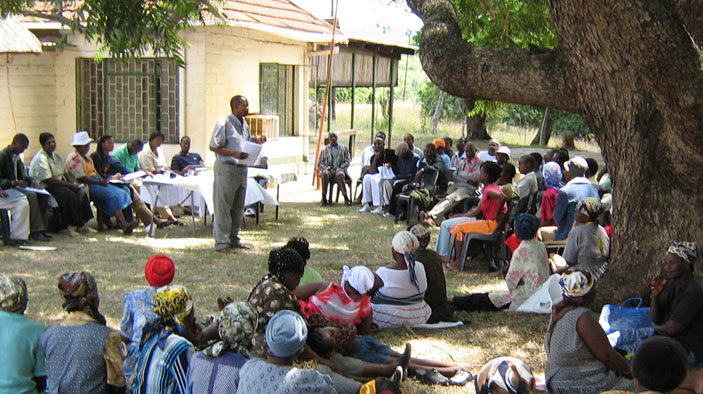South Africa—International Business Linkages II (SAIBL II)
Client: U.S. Agency for International Development
Duration: 2008-2012
Region: Sub-Saharan Africa
Country: South Africa
Solutions: Economic Growth
The political and socioeconomic model of apartheid South Africa constrained the competitiveness of black-owned companies by isolating them from the mainstream economy and limiting their access to opportunities for education and skills development. This legacy of limited opportunities and stunted networks remains an impediment to black entrepreneurship. With the South Africa International Business Linkages II program (SAIBL II), an enterprise development and business linkages project, we worked to reverse the damage done to black-owned business during apartheid through training, technical assistance, and linking businesses.

Sample Activities
- Improve the competitiveness of black enterprises through training and technical assistance to improve their management, marketing practices, production, technology, quality management, and human and financial resource management.
- Facilitate networking and matchmaking events between black businesses and corporate buyers.
- Set up a corporate-led member organization, the South African Supplier Diversity Council (SASDC), to support the development of previously excluded and under-used suppliers, and their integration into key supply chains. (The SASDC is modeled on the U.S. National Minority Supplier Development Council, which is providing technical assistance and advice.)
- Strengthen the capacity of business service providers to improve services provided to black enterprises, and build sustainable, market-based support to businesses.
Select Results
- The SASDC was registered in January 2011 and recruited 17 corporate members, including well-known firms such as De Beers, Johnson Controls, and Unilever.
- The council certified 75 black suppliers.
- Trained and provided capacity building to 100 business service providers countrywide.
- The first phase of SAIBL, which ran from 1998 to 2008, fostered $380 million in transactions and SAIBL clients created 8,000 jobs. As a result of the success of the project, two extensions were granted, and the project ended in March 2012.
RELATED CONTENT:
Nigeria—Policy Development Facility Phase II (PDF II)
The Policy Development Facility II was a flexible, rapid-response facility that supported “champions of change”—primarily federal ministers, but also other high-level government officials such as the Office of the Vice President—to implement economic and social policies that further reduce poverty in Nigeria.
Read More